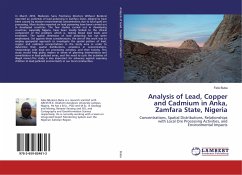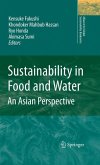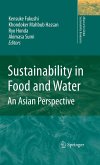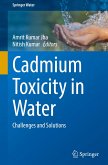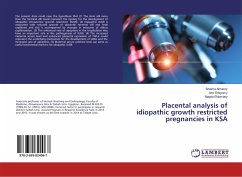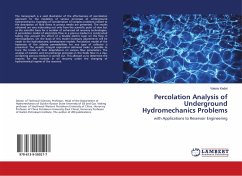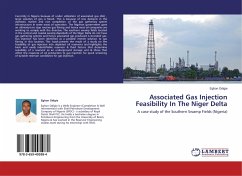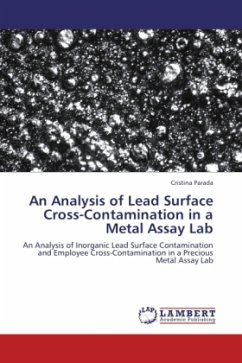In March 2010, Medecins Sans Frontieres (Doctors Without Borders) reported an outbreak of lead poisoning in Zamfara State, alleged to have been caused by massive environmental contamination due to local gold ore processing. Most studies reported on lead poisoning have been carried out in developed countries. The few studies carried out in developing countries, especially Nigeria, have been mostly limited to the clinical component of the problem, which is, testing blood lead levels and treatment. The spatial dimension of lead poisoning has not been emphasized. Set against these considerations, the aim of this work was to employ geospatial approach to investigate the spatial pattern of lead, copper and cadmium concentrations in the study area in order to determine their spatial distributions, variations in concentrations, relationships with local ore processing activities, and their toxicity. This study would help policy makers in terms of planning interventions and remediations inlead-polluted areas, and the need to curb the activities of illegal miners.The study is also important for advocacy against exposing children to lead-polluted environments in our local communities.

